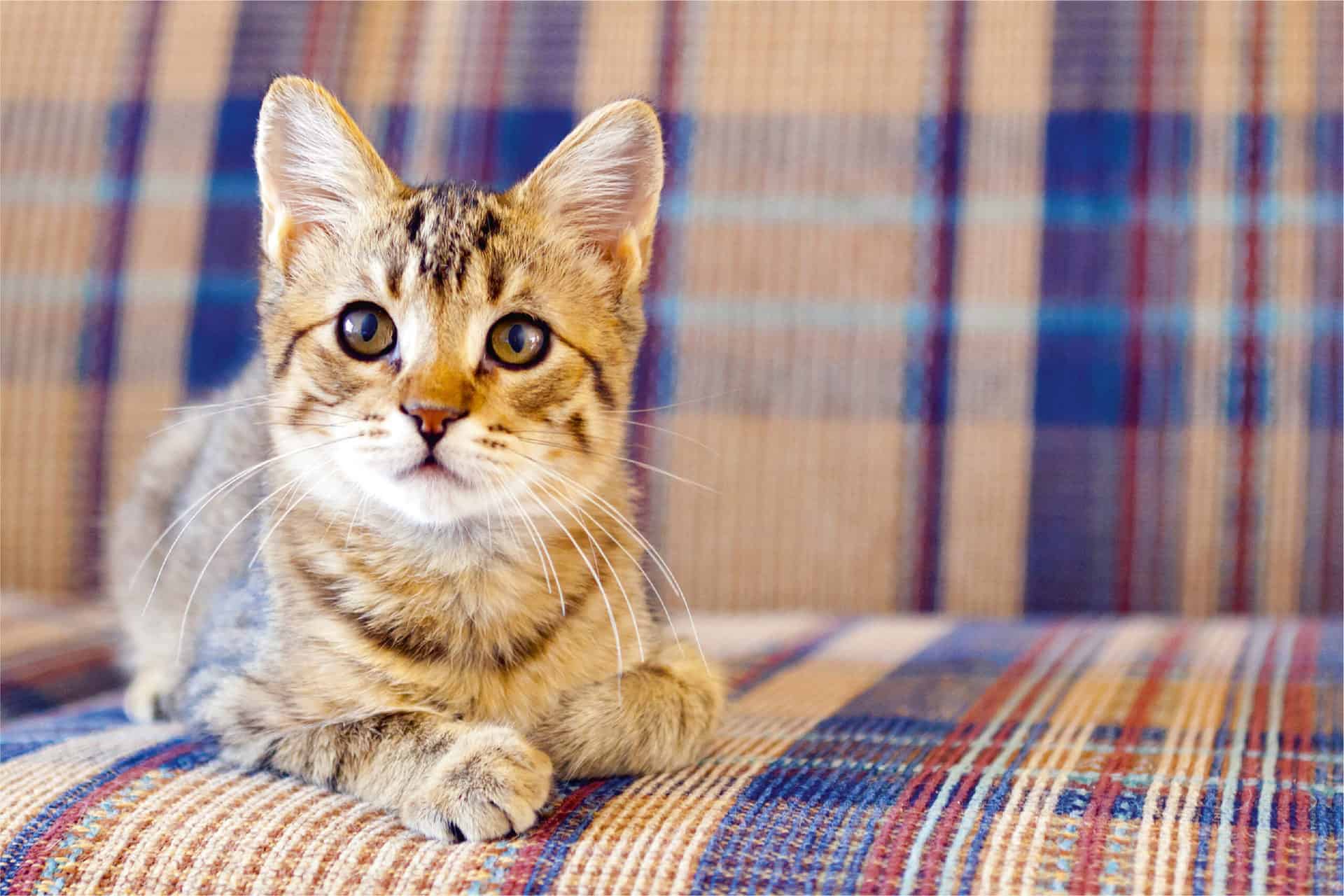Life stages of cats
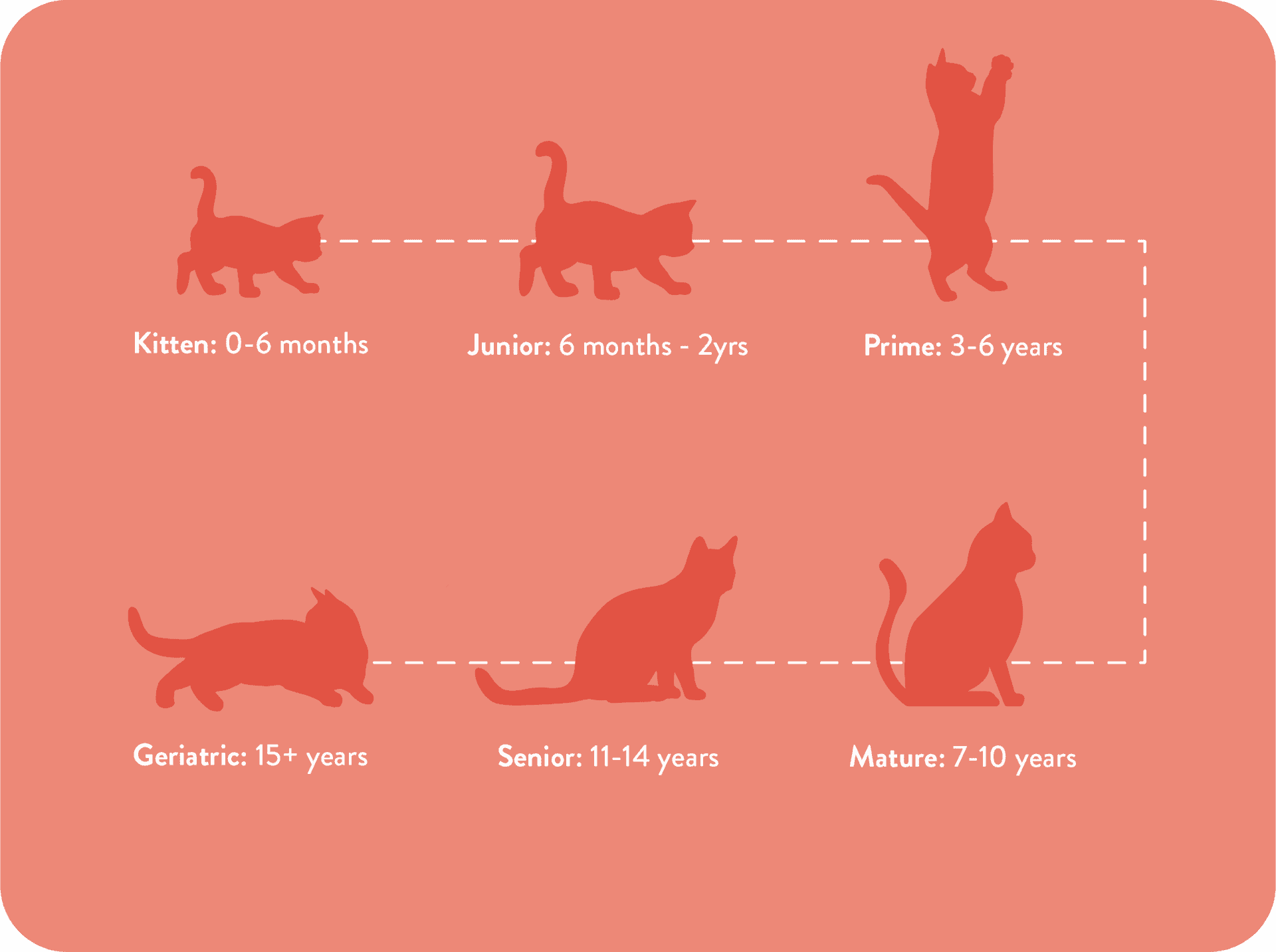
Feeding through the stages
Feeding a healthy kitten starts even before they are born! Start to feed the pregnant mother on kitten food about 4 weeks before they are due to give birth. We recommend Burgess Complete Kitten. This will help the litter to be born at a healthy weight. It also helps to reduce the risk of health conditions. When the litter has been born, continue to feed the mother the same kitten food while she is providing milk. This helps to make sure the kittens are being provided with the extra nutrients they need.
From the age of four weeks, you can gradually introduce and encourage your kitten onto solid cat food, supplementing their mother’s milk. Try very small amounts at first, softening any hard cat food with water and mashing it up.
Gradually increase the amount they eat as they grow. Follow the on-pack guidelines to ensure you are feeding the correct amount for the weight of your kitten. A kitten food should typically be fed up to the age of 12 months. There should always be plenty of fresh clean water available to drink.
A complete kitten food should have:
• Smaller kibble for kitten-sized mouths and to make eating and digestion easier.
• A high level of digestible proteins (around 32%) to assist growth and muscle development.
• Extra calcium for strong bones and teeth.
Quick tip
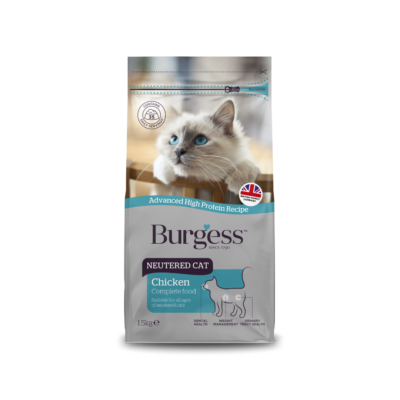
Neutered Cat

What is neutering?
Our Burgess Cat range

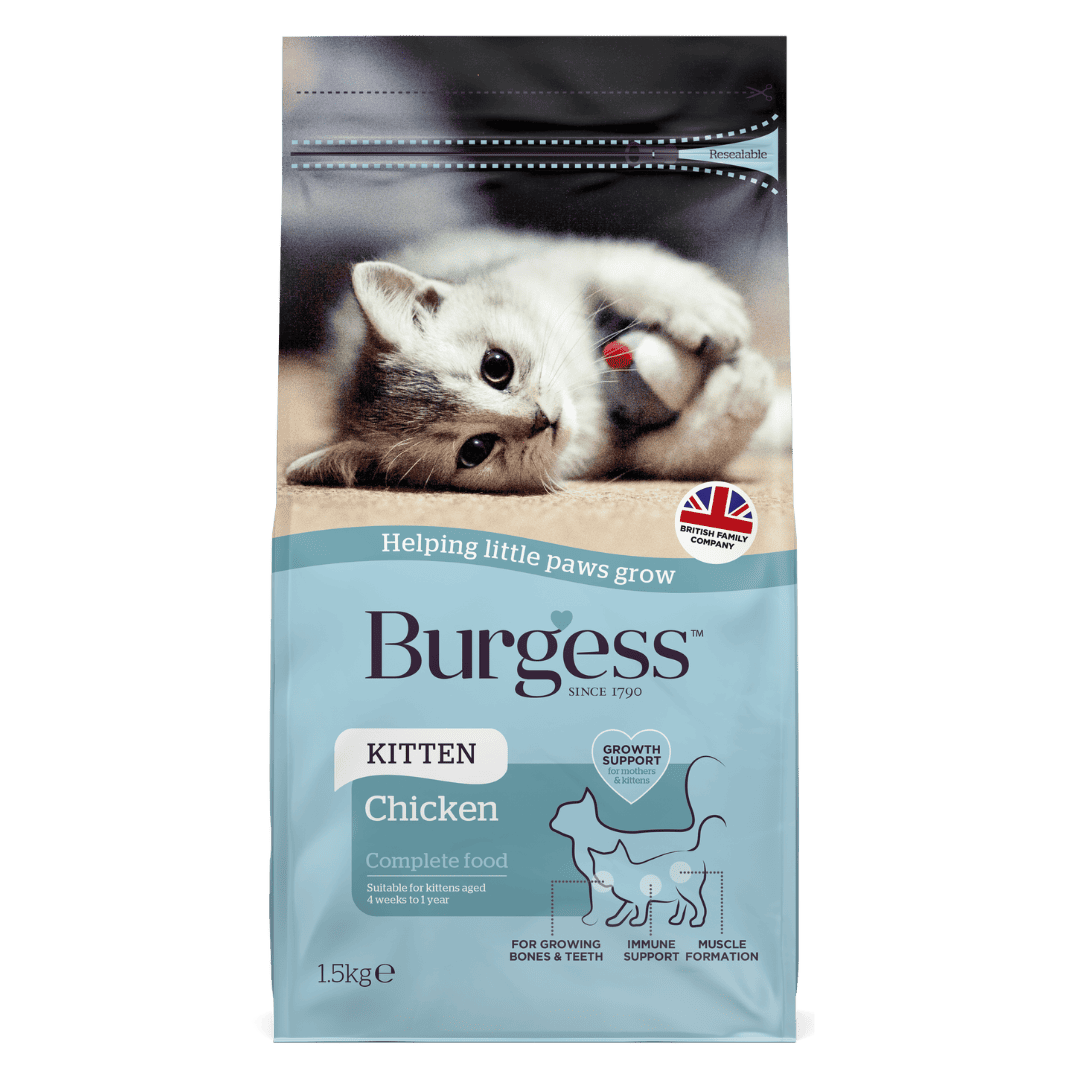
Our Kitten Complete food is suitable for kittens up to one year of age and for pregnant and nursing mothers. Our smaller kibble is designed for kitten's smaller bite size.
With healthy cereals, protein sources, antioxidants and essential nutrients, Burgess Kitten Complete food is designed to help keep your kitten happy and healthy.
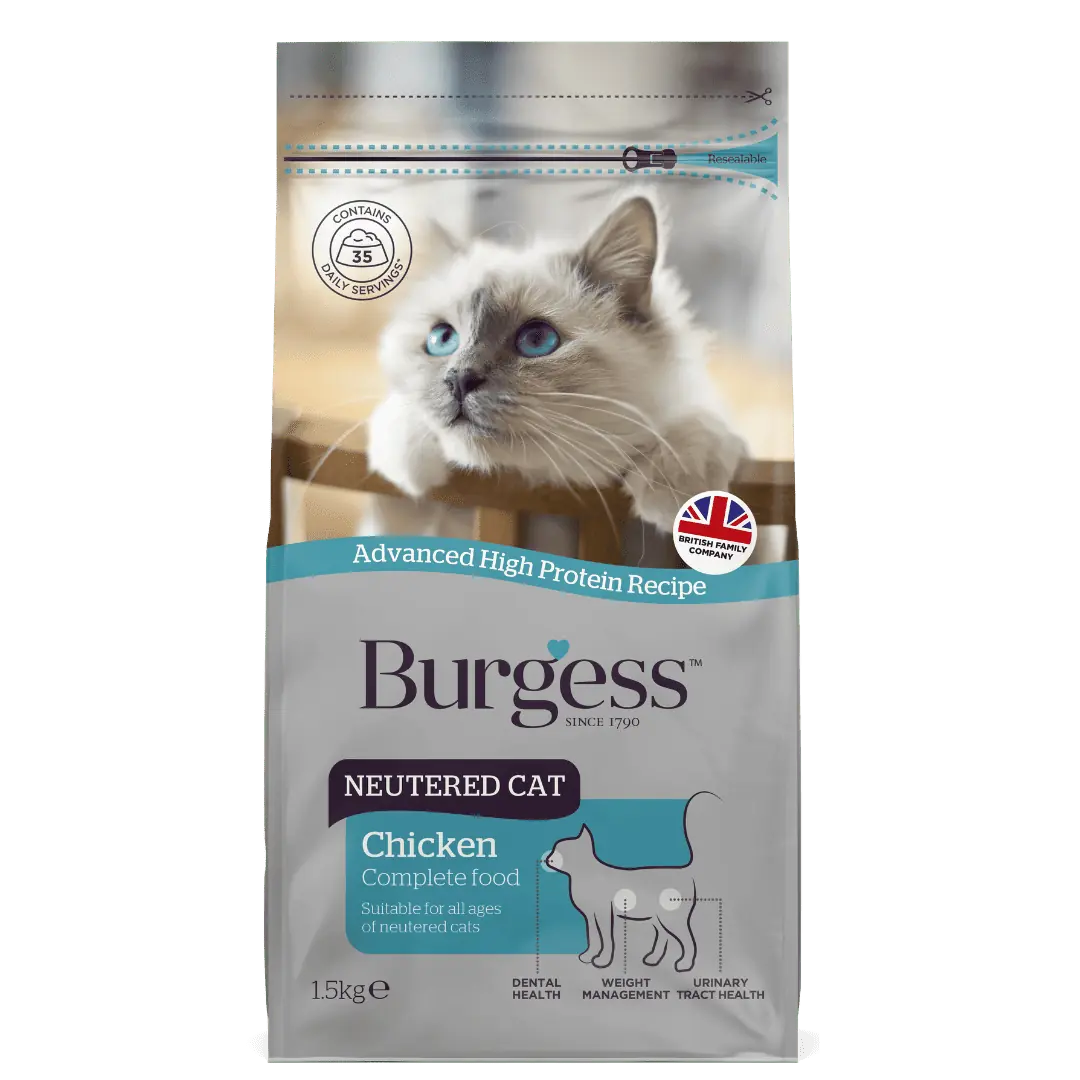
Neutering has many positive health benefits for your cat! But it does mean your cat's needs can change.
Did you know, a neutered cat requires up to an estimated 20% fewer calories? Our Neutered Cat food is high in protein, with essential nutrients and vitamins. All to help your neutered cat stay healthy and content.
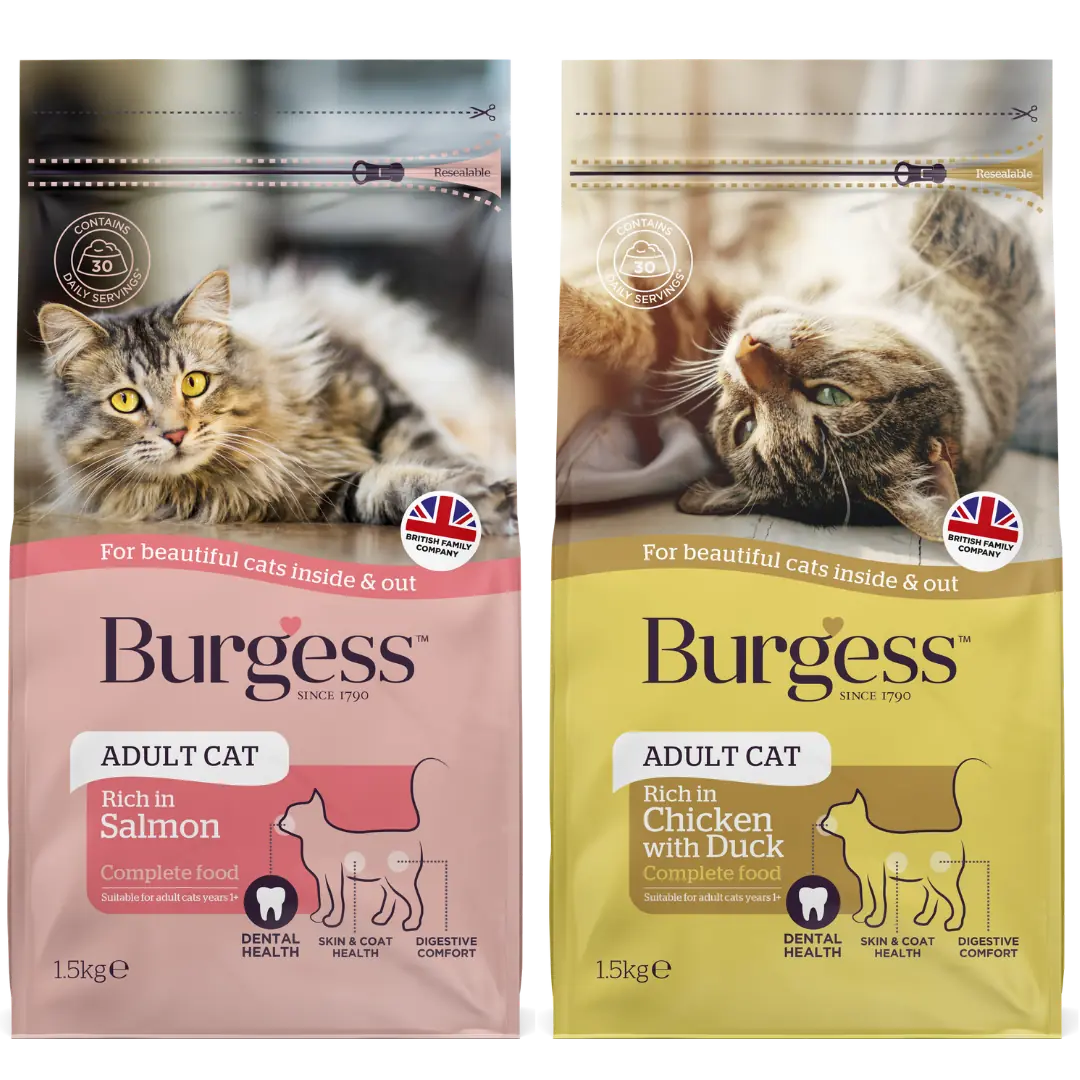
All cats, from tigers to domestic tabbys, are obligate carnivores. This means they must eat meat to survive. Our unique Burgess Cat recipe contains elevated levels of protein to support these needs.
With added antioxidants, taurine and essential fatty acids, you can feed your pet Burgess Cat from the age of 12 months.
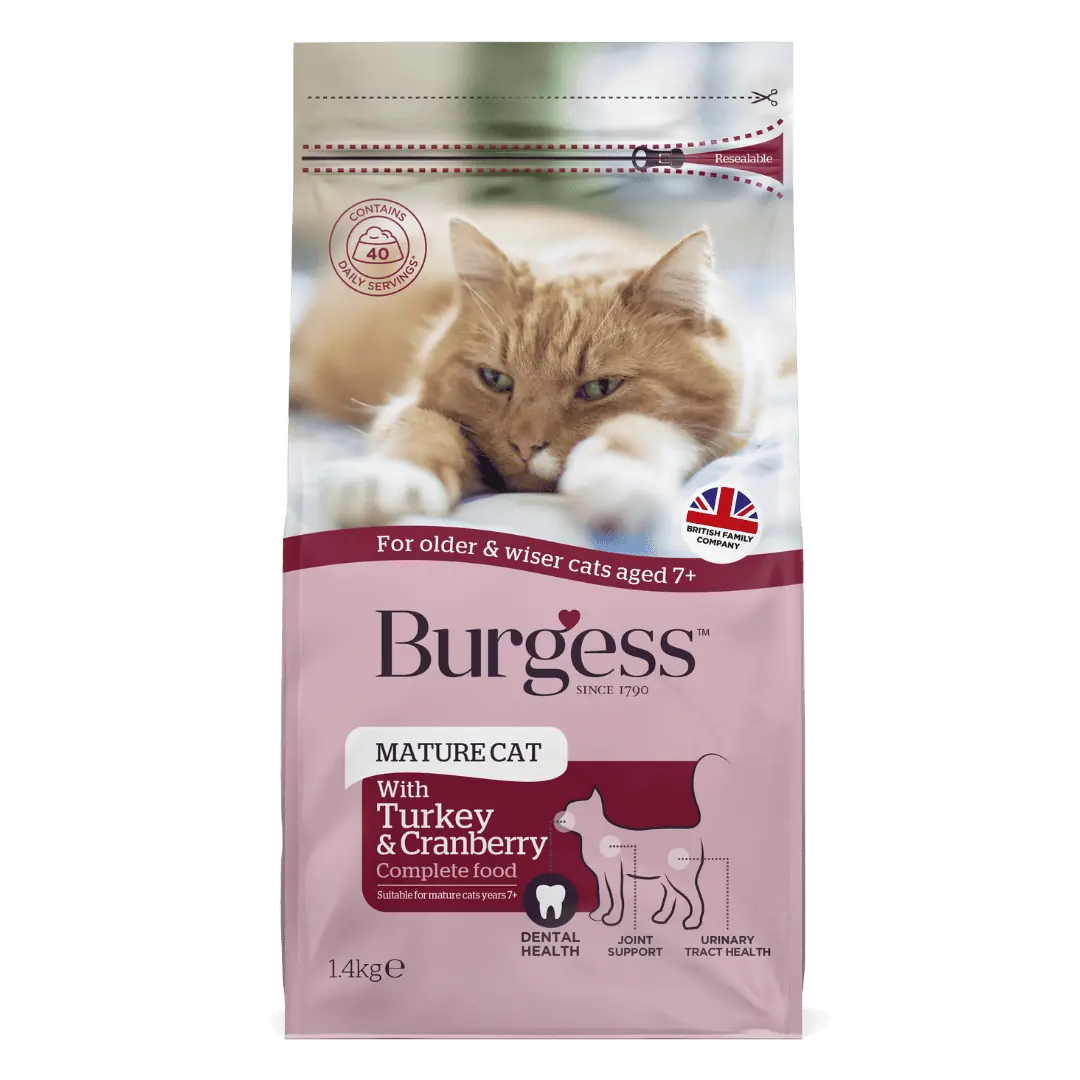
Transitioning to Burgess cat food
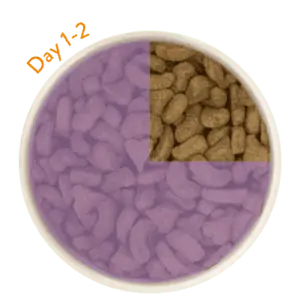
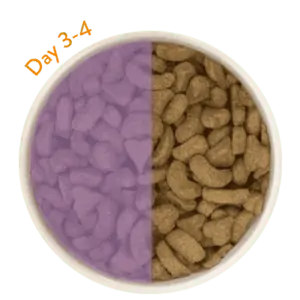
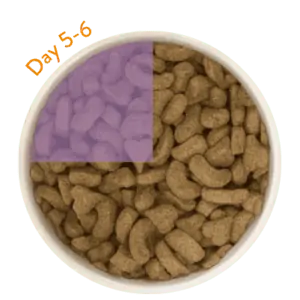

Foods to avoid


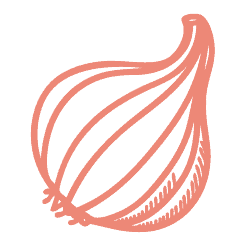
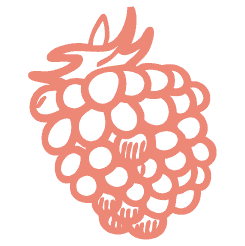
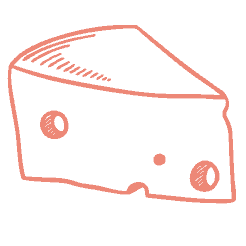
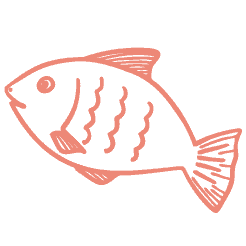


Other foods to avoid include
Do you need more advice?
To help you find the right food for your pet have a look at our product range.
You can get in touch with our customer care team who will respond in 3-5 working days. Our dedicated team of pet experts will help you make the right choice.
If you should have any concerns about the health of your pet, always consult a vet.

